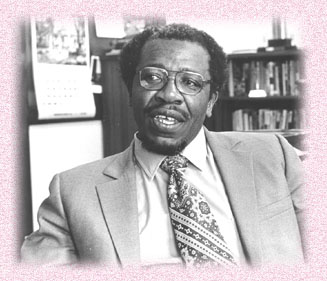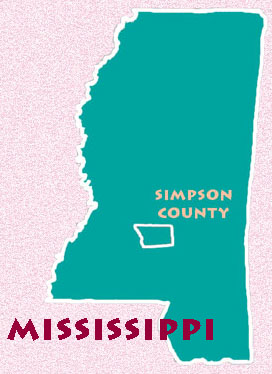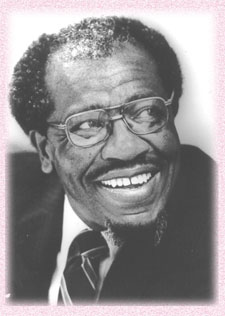


PERKINS: Some are dead. Many of them are dead. One of them is a sheriff in Simpson County, so he's been promoted. But many of them are dead and I don't know what has happened to.... One of them is a chief of police in Simpson County. Another one is a sheriff in Simpson County. Those would be the...some of the outstanding players. The sheriff of the county over here, Jonathan Edwards, he's dead. The lawyer that did such a messy job...the two lawyers that did such a messy job [pauses] is dead.
INTERVIEWER: Their...your lawyers?
PERKINS: Not....
INTERVIEWER: Their lawyers?
PERKINS: Their lawyers. Yeah. So they're dead.
INTERVIEWER: Can you talk about the course that you feelings ran through following all of that?

PERKINS: The beating? Yeah.
INTERVIEWER: Did you forgive them in a day?
PERKINS: No, no. I came to the conclusion, the hard conclusion, that [pauses]...I think I stuck with the idea that...that...that Mississippi white folk was cruel and they was unjust, and the system was totally bankrupt. I think I concluded that. I think I didn't...I think I moved...I think I stayed with the idea that it had to be overthrown. I think that when I went to the hospital in...in Mount Bayou a few months later after my beating, I...I think that I had a lot of time to think, because I would sleep in the daytime. You know, you'd be in a hospital bed, you...you have twenty-four hours, and you only need about...I only need about six hours sleep, seven hours sleep. Even though you're drugged, you might not get eight hours of sleep. That means you got a lot of time to think. And I think that's where the forgivening [?] process began to work on me, that...that I think I...I...I went through and I think by going through things I was able to see both my mistakes.... And from a Christian perspective I think we take mistakes to be sin, and I think that's right. I think God is a sort of a God of order, and sort of a God of perfection, and so that God want to work that sort of a character of perfection in us. And so I think heavily mistakes is sin. And...and I th...I think I was able to see that...that I had made heavy mistakes, and that was sin. And that ...and that I needed my sins forgiven. I think that [pauses] hate [pauses]...coming back into the Mississippi society from the hospital, I think I had reached the place where...that I basically could not come back and live again and go forward in work with hate. I think I really had to get that hate out of me in order to go forward. And so I think I learned the meaning of the forgiveness of sin. And I...I don't know whether or not we as Christians today have enough...put enough emphasis on the forgiveness of sin.
[END OF TAPE T1, START OF TAPE T2]

PERKINS: I...I think that we have a...again, I think that we have sort of organized sin to be so light and there's so many mistakes that it's not even necessary to ask fo...to go through a process of forgiveness. There's no need for repentance. And...and...and...and so sin is covered over too lightly. And so, I...I...I...I...I...and I...and...and...I...I think because of that, too, we don't have the...the vibrant energy that we need because we don't sense that we've been forgiven. So that, I think when you can sense that you've been forgiven, I think it gives you a new energy to go forward in...in...in...in life. And so I...I...I think that I...on that hospital bed, I think, going through that period, that I needed the forgiveness of sin to enter back into the world with a...with some push to make a difference in society. That was a hard process for me. It was a hard.... Now I said hard. It was...it was a process. It was a process that didn't take place in a day. It was a process that took place in.... And as I said in a.... What helped me was there was people in the hospital who worked with me, who were my two doctors and others, who worked with me and helped me to go through a very difficult period in my life. And it was a white doctor (lady) and a black doctor. And they...they helped me a lot.
To find out more about John Perkins or Collection 367 at the Archives click here. To read the entire transcripts from which these excerpts were taken, click here.